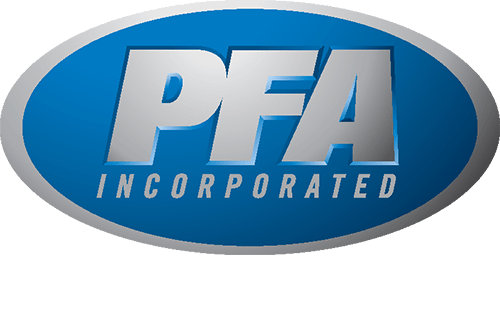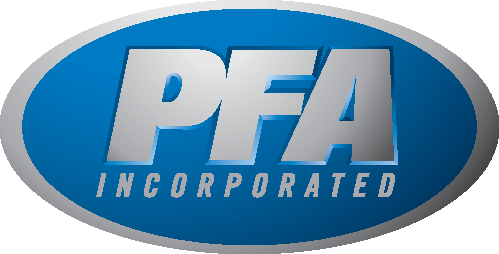Imagine a client placing an order for important pieces to their daily operations and never receiving the products. The result of this would mean downtime and loss of profit.
Imagine noticing a defect in your products, but only with a certain batch. You would want to notify your clients immediately of the defect and replace their products. However, with so many products being made and shipped daily, how do you know who to notify?
Unfortunately, these are not uncommon occurrences. With the growth of the injection molding industry, your company will be gaining more clients resulting in more products being made and shipped. The loss of shipments or defective products becomes a more significant threat when your business grows. The last thing you need is to lose clients due to this fact. Making your molds traceable will help eliminate these threats. This article will inform you of traceability and how you can develop a system within your company to prevent catastrophic events.
What is Plastic Traceability?
There are usually many products made using one mold during the injection molding process. This represents a batch of products. Plastic traceability in the world of injection molding means you can trace certain products to the exact batch they were made with. Not only can this help determine which products came from a potentially defective batch, but it can also determine when and where the batch was created.
How to Incorporate Plastic Traceability into Your Company?
While there are a few options to begin making your batches and products traceable, adding a stamp to your molds is best. This stamp usually includes the date the batch was created. They are easily added to your existing molds. This is useful since you will be reusing the molds with different batches. A typical date stamp will have an outer ring of day, month, year, and sometimes an hour. They will also have an arrow insert you can move to when the batch is being created. With this system, you can reuse the outer ring of information, only needing to turn the ring insert. This system has been around for a long time and has proven effective.
With the advancement in technology, automatic date stamps have been created. This system includes twelve mm date stamps, with a choice of year, month, day, hour, and five-minute intervals. The stamps are installed into the molding surface. A connector attaches to the mold and is wired to the open/close relay of the molding press. A small electronic control unit is mounted to the interface, which enables the programming of the date stamps. This electronic control unit also allows the monitoring of cycles. Security features like passwords can be incorporated to ensure accuracy. Adding a PC with networking software to the process will allow you to network together up to 25 injection machines. This will make the monitoring of your batches easier for your molders.
Automatic date stamps will make your date stamping method more accurate and result in fewer downtime periods. In a growing and competitive industry, unnecessary downtime is not an option. If the batches require date stamps to the exact hour or worse minute, then manual date stamps would result in far too many stoppages to remain competitive.
Another method being examined is laser etching or printing the stamp after the products have been molded. This method is costlier to install and might add to overhead costs if a human part is needed to control it.
An additional issue that could arise from traceability, or lack thereof, is if your company operates out of multiple locations. Batches with the same date stamp but from different locations could cause confusion. If your company is in this scenario, adding a location stamp will help keep your batches separate.
While incorporating new technologies or processes into your company will take an investment, both time and money. To be competitive in your industry, you must be willing to explore those new additions to determine if they will help your company. Just as in life, you will be left out in the cold if you do not adapt to the changing times.
Why Choose PFA, Inc.?
No matter what a manufacturer’s needs may be, PFA, Inc. is sure to have the right products to help. For more information about how our products improve your plastic injection molding processes, visit our products page. For more immediate assistance, reach out at our contact us page or call us now at (262) 250-4410!

